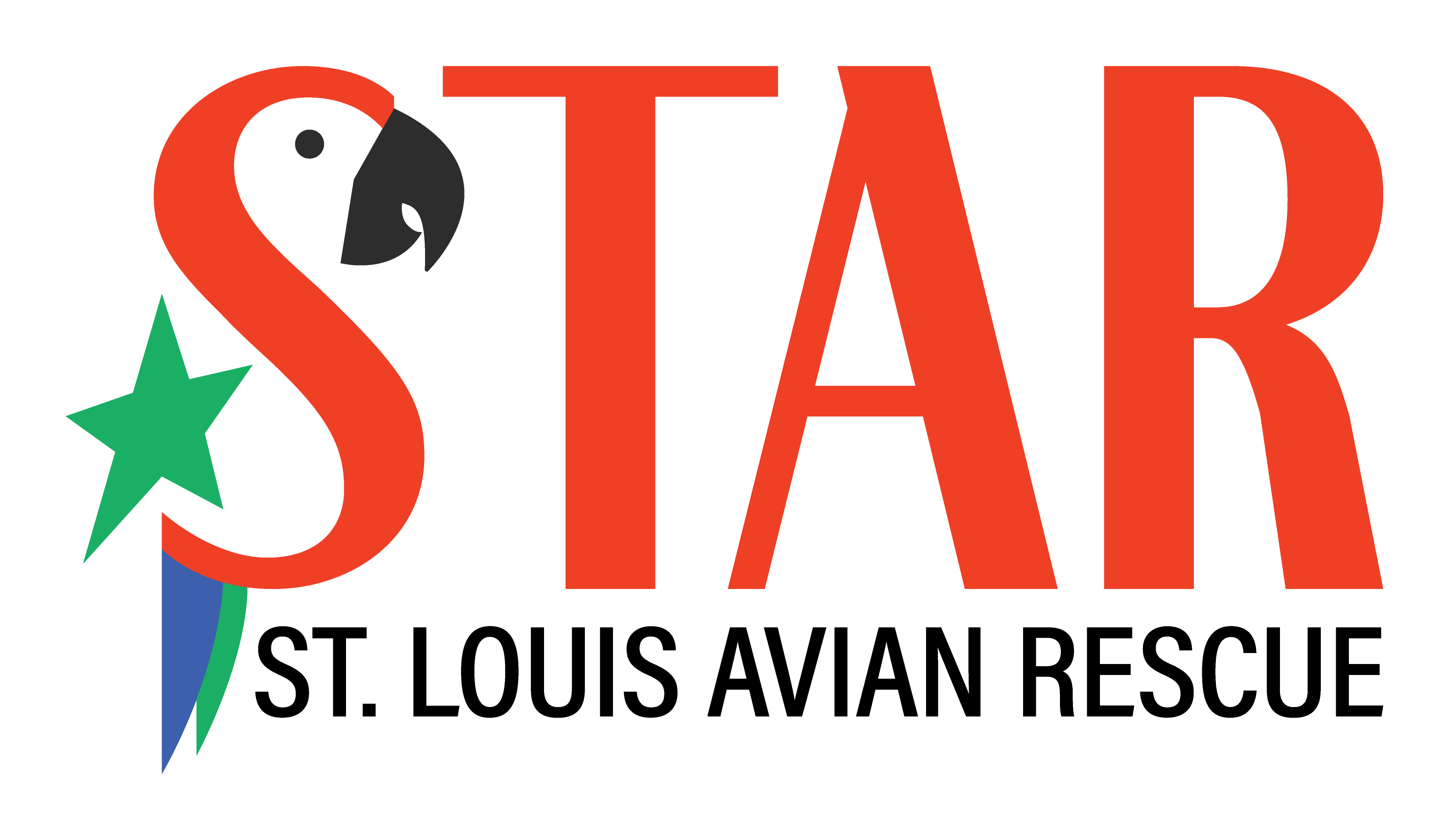Why do I need a veterinarian who specializes in avian medicine?
Birds’ physiology is unique! It’s important to have an avian vet because a bird’s physiology is different from that of mammals. We recommend establishing a relationship with an avian veterinarian as soon as you welcome your new bird into your home. If your veterinarian isn’t open 24/7, you should certainly be aware of a local facility near you who can treat your bird on an emergency basis.
Why take my healthy bird to the vet?
Going to your Avian Veterinarian for regular wellness visits can help set a baseline for what is healthy for your bird. While most veterinarians specialize in just a few species (dogs or cats), exotic vets cover a much broader range. With limited access to data, it is important for your vet to be familiar with biomarkers that reflect a healthy bird.
Visiting your Avian Veterinarian yearly can help catch diseases sooner and at a more manageable stage than if you wait for signs of illness. Diseases can present slowly and go unnoticed until the signs are significantly progressed. Often times, because parrots do their best to hide illness, by the time you notice symptoms, the bird is already quite ill. Ideally, pet birds should be taken to the vet at least once a year for a checkup; and in some cases, they may need bi-yearly exams.
What should I expect at a Wellness exam?
A typical wellness exam includes a visual exam, physical exam, and discussion of the bird’s care (husbandry). At your parrot’s wellness checkup, the vet will perform a visual exam to catch signs of respiratory abnormalities, balance issues, and postural defects. Next, your veterinarian and technician will perform the physical exam. Often, birds will be restrained in a towel for the doctor, technician, and bird’s safety while the vet staff inspects your bird’s muscle tone, joint mobility, uropygial gland (preen gland), eyes, mouth, feathers and dermis. Further testing may include blood work, radiographs, gram stains of the droppings and cloana (slit in the hard pallet), and other tests based on the observations made by your avian veterinarian.
